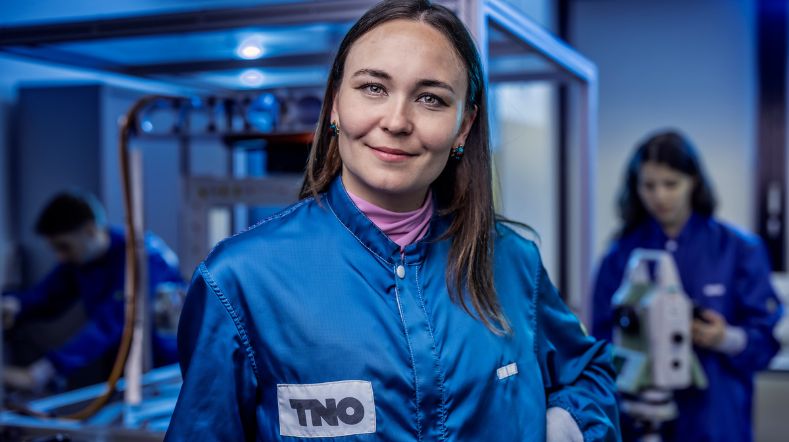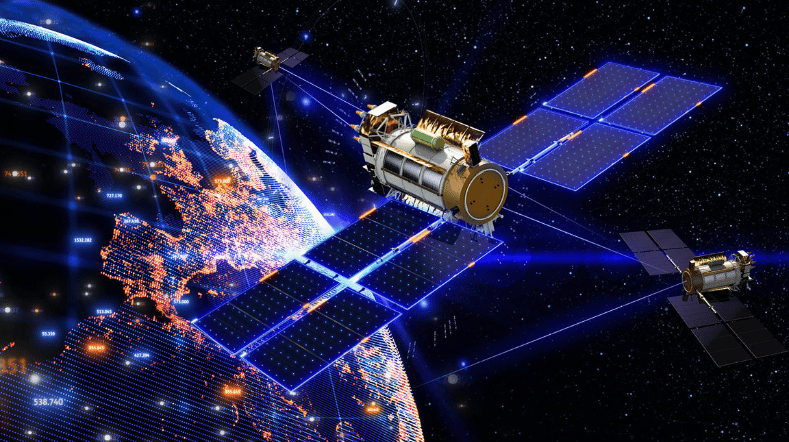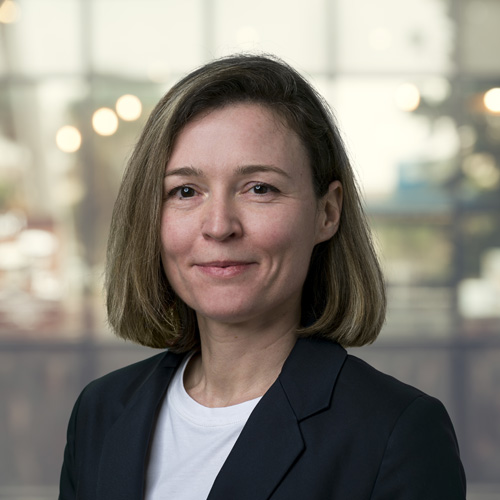
TNO launches Qu-STAR to pioneer quantum internet via space
TNO launched a new project called Qu-STAR to define the role of space in quantum information networks. The quantum internet, envisioned to connect quantum devices globally, currently faces distance limitations when relying exclusively on ground networks, restricting the exchange of quantum information to just a few hundred kilometers. Satellites present a promising solution to achieve global connectivity, yet the comprehensive architecture for a global quantum internet remains undefined. Qu-STAR will have the added benefit of strengthening the position of the Netherlands in this emerging field, leveraging the country's strong expertise in quantum technology, free space optics, and photonics.
Quantum internet enabled by space
Quantum computing holds the potential to tackle some of today's most significant challenges. To harness its full power, a network is needed that can link quantum devices around the world. Ground networks can only transmit quantum information over relatively short distances, making them insufficient for global connections. Satellites offer a promising solution for achieving worldwide reach, but the design of a comprehensive global quantum internet is still missing.

‘We believe that a collaborative, open approach will yield the best results, and welcome other organizations to join us in this initiative.’
Expertise
TNO will collaborate with Airbus Central Research and Technology to take up this task, aiming to define such a design. They will seek collaboration with stakeholders globally, in particular by contributing to the Quantum Internet Alliance and its recently launched Special Interest Group on Space. More broadly, the results of this will be openly accessible to the community.
TNO brings its extensive expertise in optics for laser satellite communications, quantum technology, and novel ICT (Information Communication Technology) infrastructures. Airbus, a key player in all pillars of quantum technology with a focus on aerospace applications, has developed advanced knowledge in ground-satellite optical and quantum communication links and quantum communication networks.
Qu-STAR is the direct follow-up of the letter of intent that Airbus and TNO signed last November at the Conférence Érasme Descartes in presence of the ambassadors of France and the Netherlands.
Kees Buijsrogge, director TNO Space said: ‘Our goal is to advance technologies and make a significant impact in achieving a global quantum internet. We believe that a collaborative, open approach will yield the best results, and welcome other organizations to join us in this initiative.’
Enabling a global quantum internet via space
Quantum computing is expected to solve some of the biggest challenges of our time. From predictive analysis to material design, from pharmaceutical development to the processing of enormous data sets. Yet building a sufficiently powerful quantum computer is extremely challenging.
Get inspired
First Dutch hybrid quantum channel for secure communication successfully established


TNO's laser communication terminal secures prestigious win at EARTO Innovation Awards


This is our time: Industrialising TNO's optical satellite communication technology


This is our time: working on breakthroughs in laser satellite communication


Making the Netherlands indispensable in laser satellite communication


